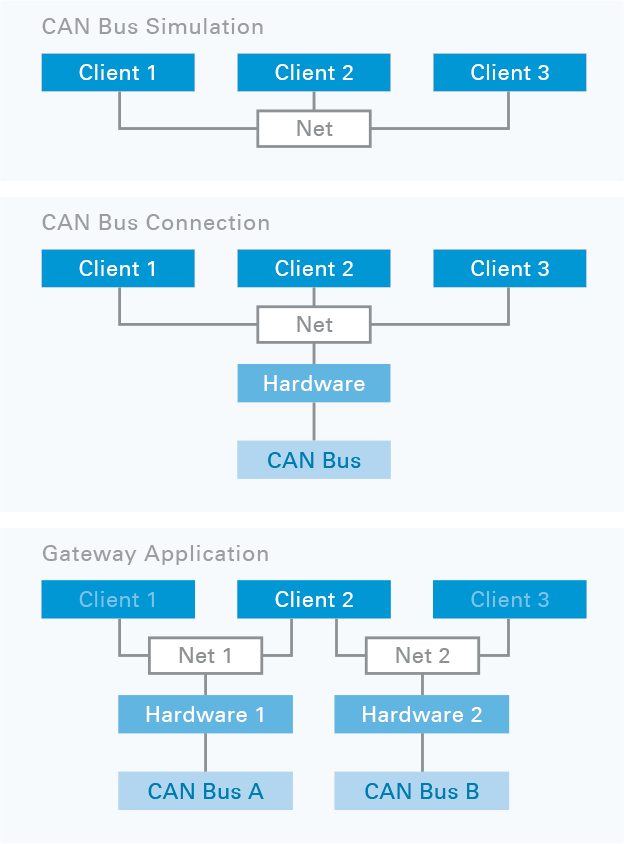We use cookies on our website to provide you with the best possible service and to further improve our website. By clicking the "Accept All" button, you agree to the use of all cookies. You can limit the cookies used by clicking on "Accept selection". Further information and an option to revoke your selection can be found in our privacy policy.
These cookies are necessary for basic functionality. This allows you to register on our website and forum or order products with our online shop.
With these cookies, we collect anonymized usage data for our website. For example, we can see which content is interesting for our visitors and which resolutions are used. We use the information to optimize our website to provide you with the best possible user experience.
show more
All prices are plus the at present valid value added tax!
The professional programming interface PCAN-API of the PCAN-Developer package makes it possible to create complex Windows® applications with CAN and CAN FD support. The API (Application Programming Interface) provides an extensive function library using interface DLLs for x86, x64, and ARM64 systems.
Unlike PCAN-Basic, the CAN communication is handled by Clients and offers significant advantages. Thus, not only a single but multiple applications can access a physical CAN channel. Furthermore, it works even without hardware: Via virtual connections, Clients establish a simulated CAN communication among Windows® applications.
Beginning with PCAN-Developer version 4, the PCAN-API and the included tools support the standard CAN FD (CAN with Flexible Data rate) which is primarily characterized by a higher bandwidth for data transfer.
The API can be used with different programming languages. Header files are provided for the languages C/ C++, Delphi, and Python. For C#, VB.NET and C++/CLR an assembly is available. Example code is included for all supported languages.
 Applications that are based on the PCAN-API use so-called Clients in order to access Nets. A Net includes the connection to an external CAN bus via suitable hardware and the interconnection of several applications.
Applications that are based on the PCAN-API use so-called Clients in order to access Nets. A Net includes the connection to an external CAN bus via suitable hardware and the interconnection of several applications.
The following possibilities apply to CAN connections via Clients:
Note: Parallel port CAN interfaces are only supported on x86 systems.
Note: Software delivery on USB stick. Alternative installation media or download on request.
PCAN-Developer 4 includes a single user license for the development package and a distribution license for the PCAN-Developer redistributable. This package includes the API DLLs as well as the software products PCAN-View, PCAN-Nets Configuration, and PCAN-Status Display.
For the API and the software you will receive all updates and free support for the duration of two years.